Embroidery Guide
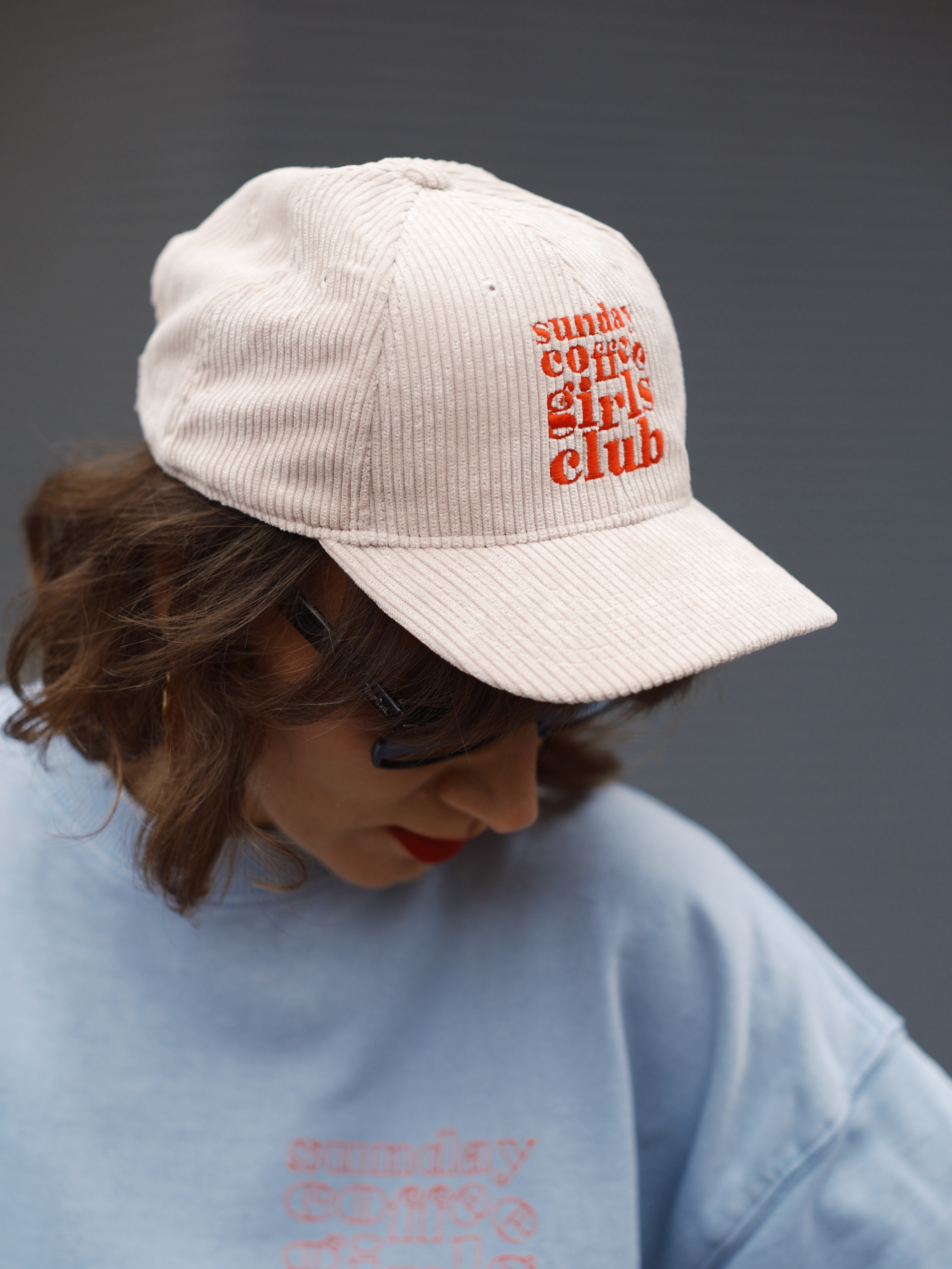
Stitch Your Brand to Life
Embroidery adds texture, durability, and lasting value to your products. But unlike printing, embroidery is a craft of precision: not all artwork translates directly into thread.
This guide explains how to prepare your files for clean, professional stitched results.
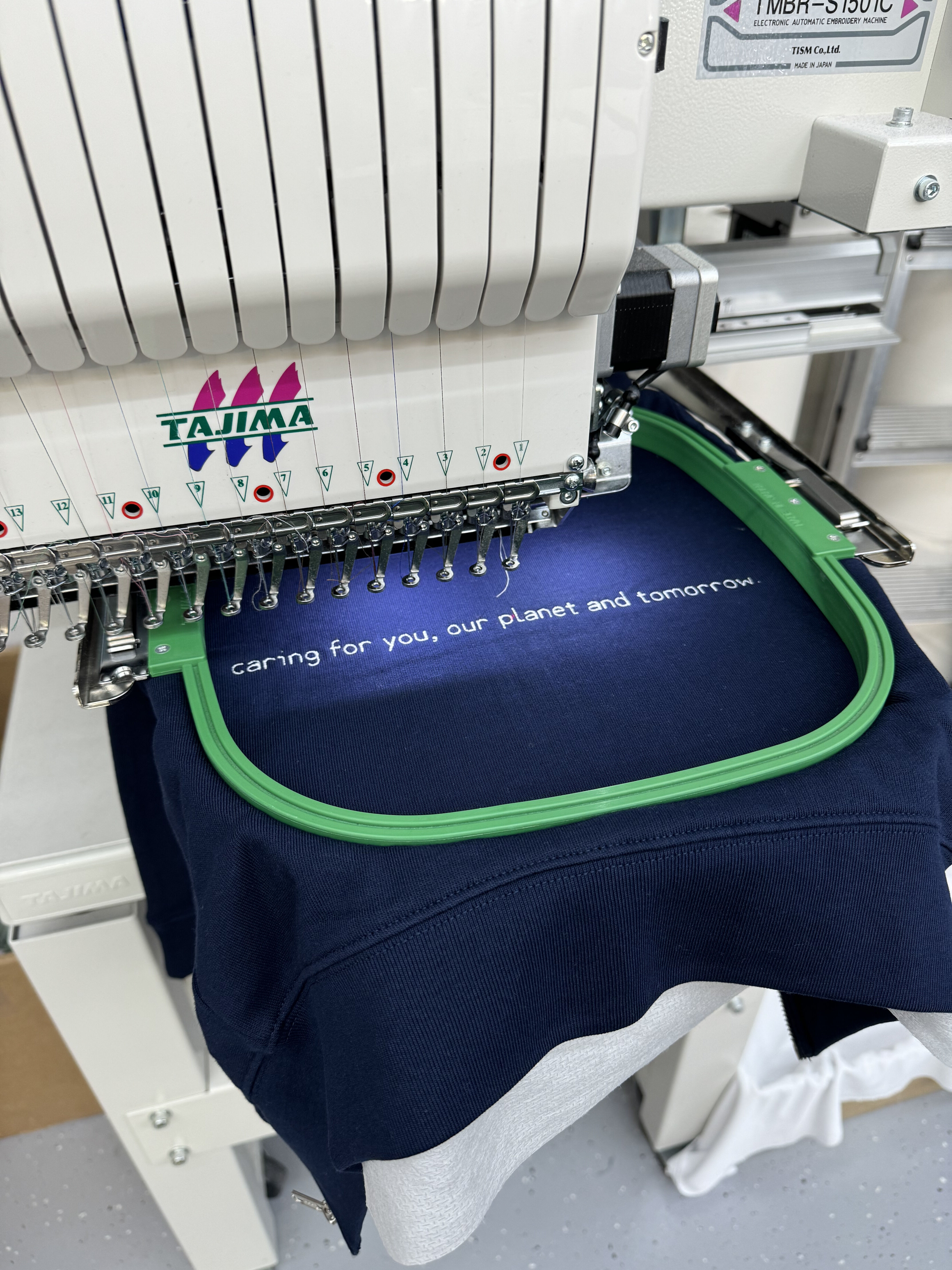
How Embroidery Works
Your garment is secured in a frame, then stitched with physical thread instead of printed ink. Because embroidery relies on stitches, details and positioning are influenced by both the frame and the fabric type.
Some products require a backing to prevent warping during stitching. And since each garment is hooped by hand, slight variations in placement are natural in small-batch production.
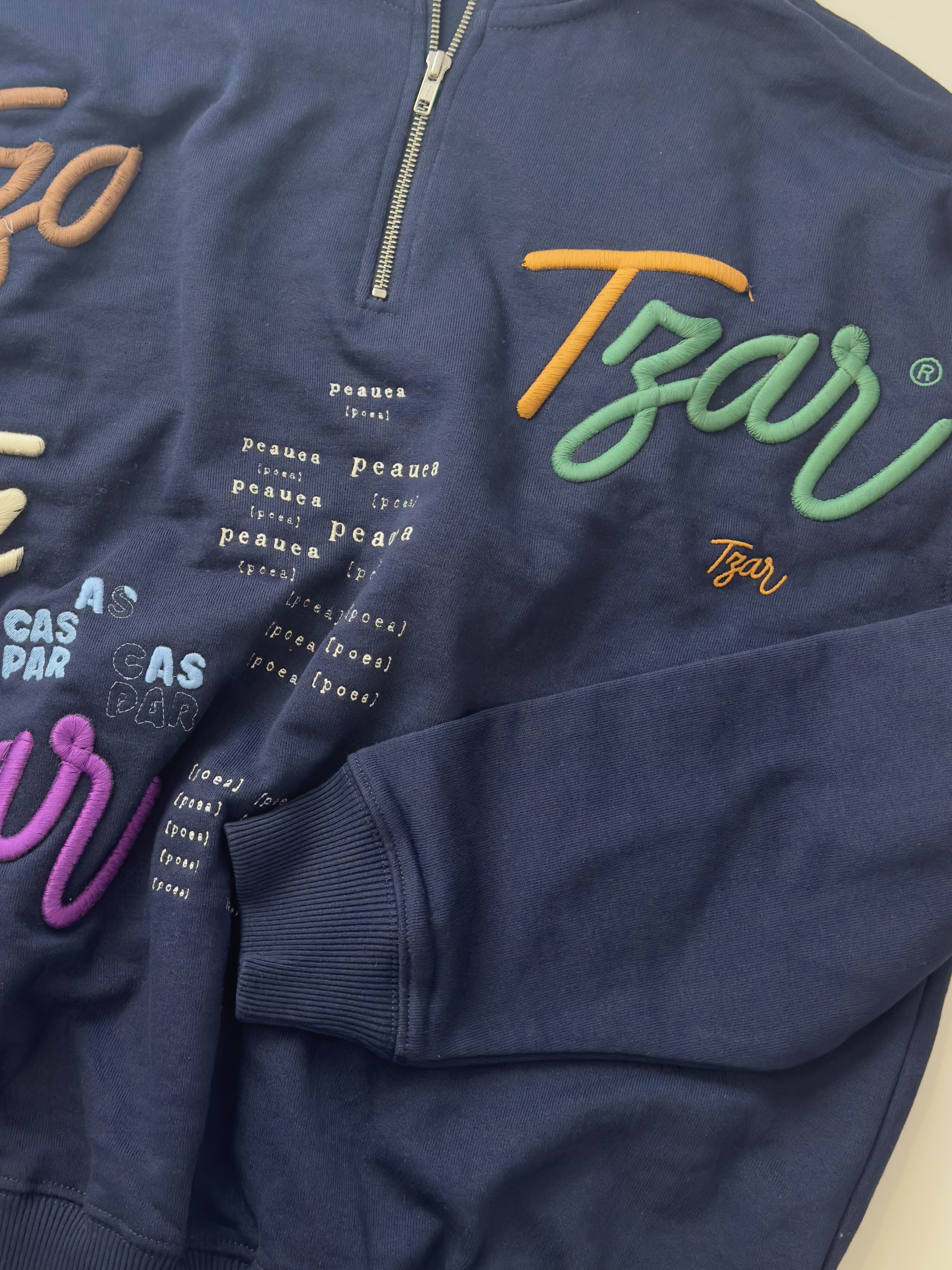
Design Guidelines
Keep designs simple & bold: Embroidery can’t reproduce fine gradients or tiny textures. Use filled shapes and clear outlines for the best clarity and durability.
Minimum size: Details smaller than 2 mm can be lost or cause thread breaks.
One size = one design: Embroidery files don’t scale automatically. Each size variation requires a separate setup.
Colors: Threads are physical spools, so exact Pantone matches aren’t possible. We’ll choose the closest available match. Stick to a limited palette to avoid excessive trims.
Embroidery Styles
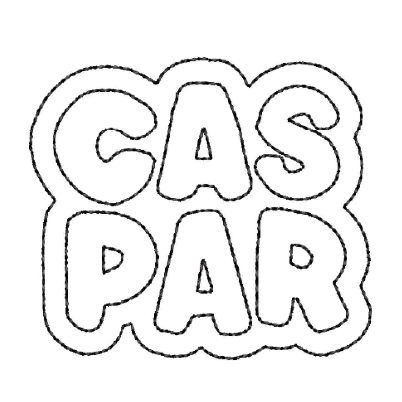
Run Stitch
A single line of stitches ideal for fine outlines and small text. Best used sparingly; keep line lengths short to prevent breaks and maintain clarity.
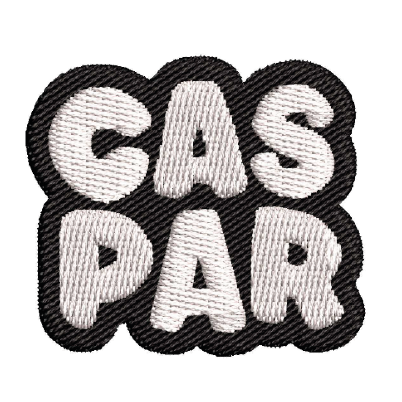
Tatami Stitch
Structured fill for larger, flat areas. Delivers even coverage with a subtle woven texture—great for badges, bold icons, and backgrounds.
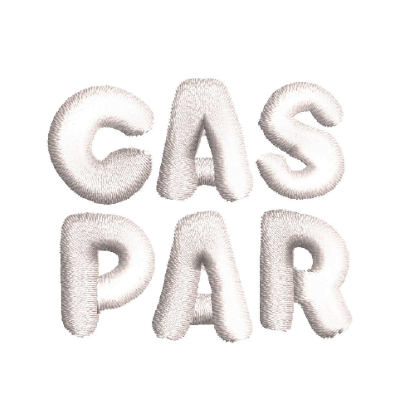
Satin Stitch
Smooth, slightly raised finish that follows the shape’s flow. Perfect for borders, monograms, and elements you want to emphasize with a premium look.
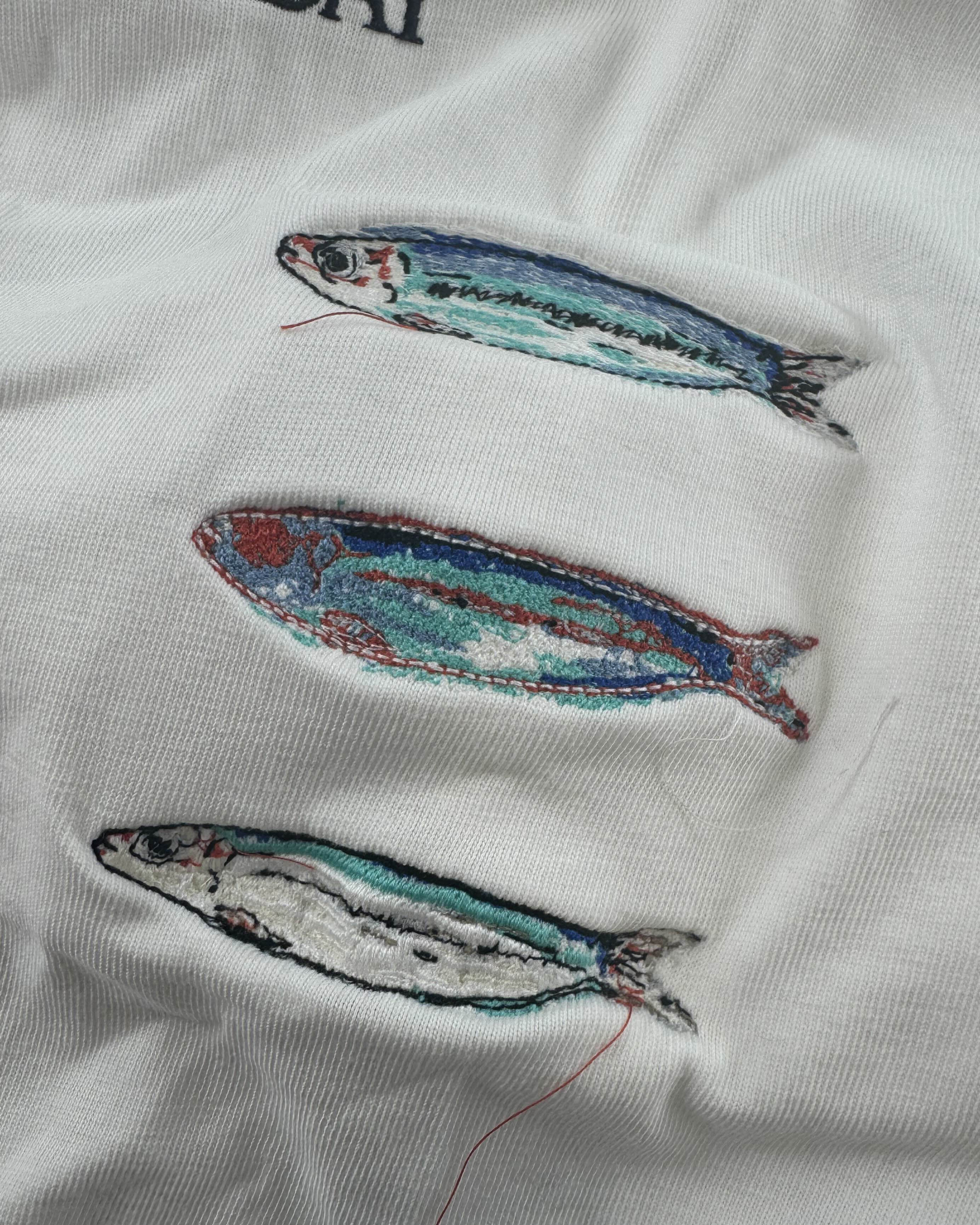
Common Issues & How to Avoid Them
Too many colors: leads to excessive thread changes and uneven results. Simplify your palette.
Very fine details: can disappear or break threads. Enlarge or simplify them.
Expecting exact matches: thread shades are limited, so colors will be “close match” rather than perfect Pantones.
Different fabrics, different look: the same design may appear denser or lighter depending on fabric thickness and weave.
Always Test with Sample Orders
Embroidery is tactile — nothing replaces seeing it in person. Before launching, order a discounted sample to:
Check stitch clarity and durability
Confirm design size and placement
From digital to stitched perfection.
Upload your artwork, order a sample, and experience embroidery with lasting detail and premium finish.